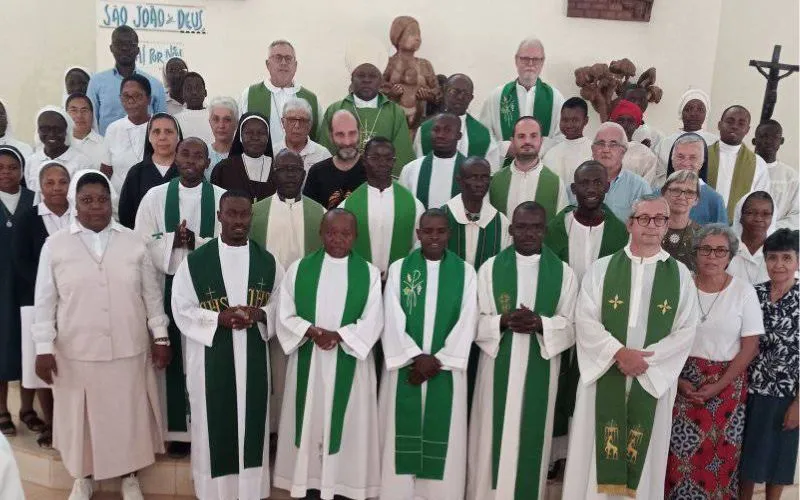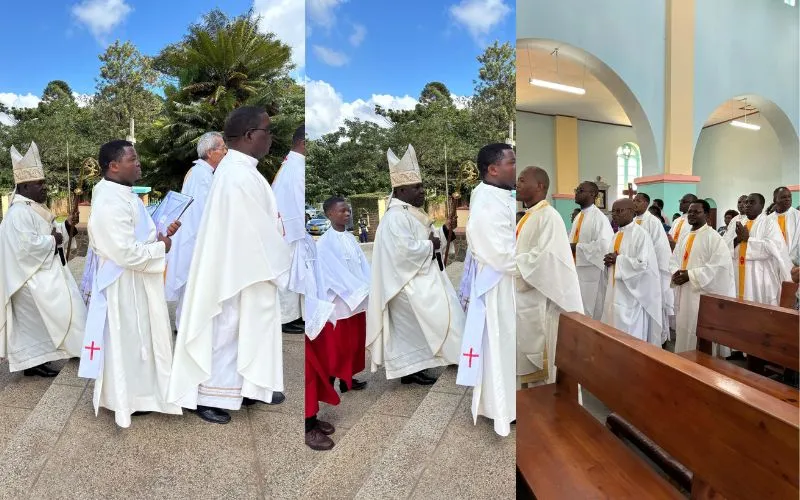Nampula, 08 June, 2024 / 11:19 pm (ACI Africa).
Parishioners of Chipene in Nampula, a province that is experiencing insurgency in northern Mozambique have recounted stories of members of the parish and other Christians in the province who were killed by Islamists for refusing to denounce their faith.
Speaking with Bishops in Mozambique who visited that parish that has been experiencing insurgency that started in neighboring Cabo Delgado province in 2018, the parishioners who did not give their names for security reasons said Christians in Mozambique have undergone horrible persecution, and that those killed are the country’s martyrs.
They recounted the murder of Sr. Maria De Coppi, an Italian Comboni missionary sister, a Catechist at the parish, and several Christians who they described as “witnesses” to the faith.
Among those killed was Francisco Massaya who met his death at the foot of the chapel, a man named Silvano Valentim who courageously confessed that he was a Christian before he was beheaded, and another named Celestino Santos Mitupiya who was a Catechist.
“Since these men and others who we have previously mentioned were killed in hatred of the faith, we believe that they are our martyrs who did not refuse to bear witness to their faith and courageously gave their lives,” read the statement that a parishioner read to the Bishops who visited that Catholic community on June 2.








